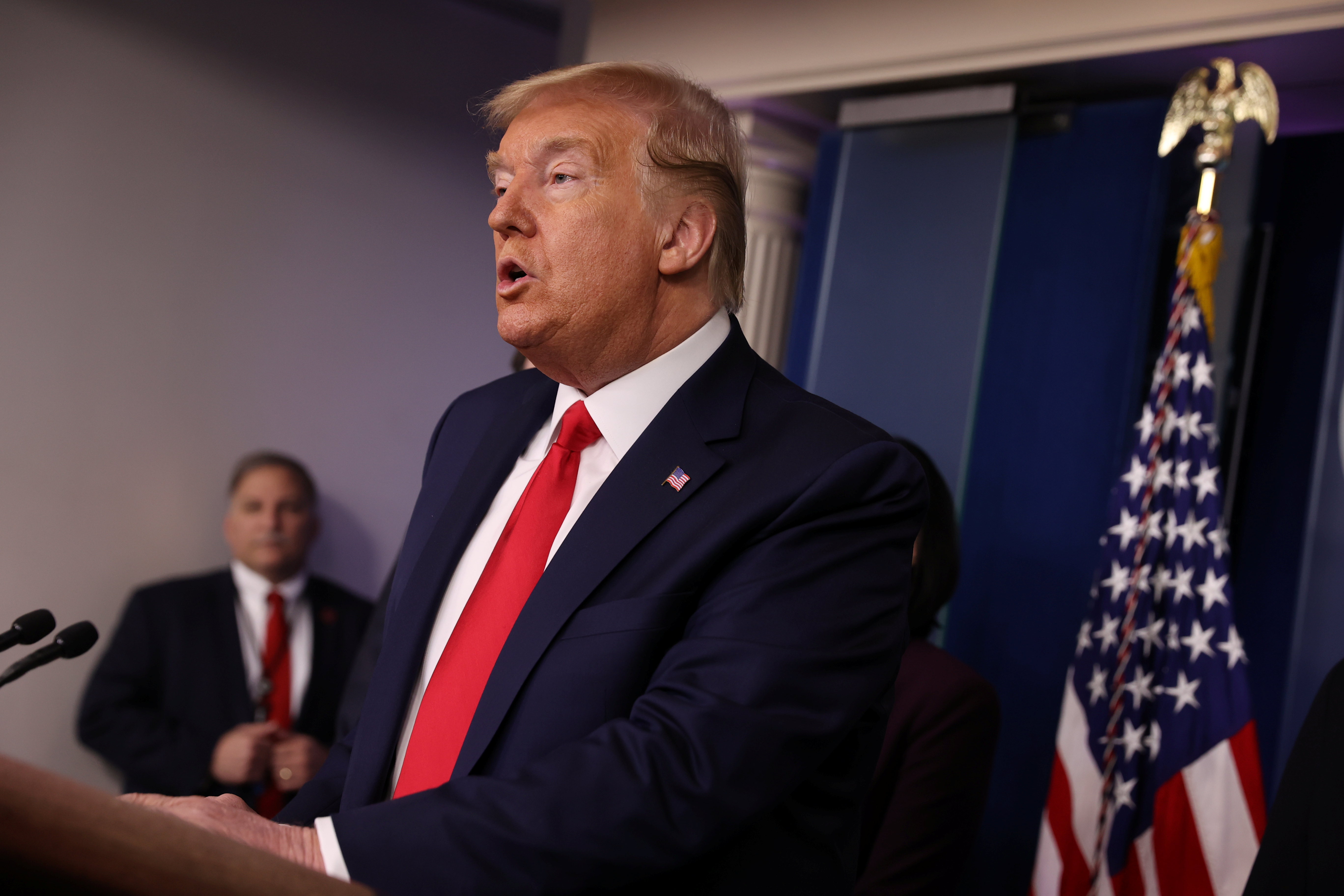
By Steve Gorman and Gabriella Borter
(Reuters) – New Jersey’s governor was expected on Saturday to follow four other states – California, New York, Illinois and Connecticut – demanding that millions of Americans close up shop and stay home to slow the spread of coronavirus infections.
The sweeping state-by-state public health restrictions, unprecedented in breadth and scope, added to the distance being experienced among ordinary Americans.
“I know people want to hear it’s only going to be a matter of weeks and then everything’s going to be fine,” New York Governor Andrew Cuomo said at a news conference on Saturday. “I don’t believe it’s going to be a matter of weeks. I believe it is going to be a matter of months.”
Meanwhile, the global pandemic seemed to close in on the highest levels of power in the nation’s capital.
An aide to U.S. Vice President Mike Pence, leading the White House task force formed to combat the outbreak, tested positive for the virus, but neither President Donald Trump nor Pence have had close contact with the individual, Pence’s press secretary, Katie Miller, said in a statement late on Friday.
Pence’s office was notified of the positive test on Friday evening, and officials were seeking to determine who the staffer might have exposed, Miller said.
The aide was not publicly identified, and the vice president’s office did not immediately respond to a request for further details of the diagnosis or whether Pence would be tested.
“He’s recovering and has very, very mild symptoms,” Pence’s chief of staff Marc Short told CNN on Saturday.
The White House said last week that Pence did not require testing after dining with a Brazilian delegation, at least one member of which later tested positive for the respiratory illness. Trump has tested negative for the virus, his doctor said last week.
Two members of the U.S. House of Representatives tested positive on Wednesday, becoming the first members of Congress known to have contracted the disease, which has killed 266 people in the United States.
The total number of known U.S. coronavirus cases has risen exponentially in recent days, climbing past 19,000 in a surge that health officials attributed in large part to an increase in diagnostic testing. More than 270 Americans have died.
Click for a GRAPHIC on U.S. cases.
Cuomo said New York state was sending 1 million N95 respirator masks to New York City on Saturday. He said the state has identified 6,000 ventilators for purchase, which he described as a major step, but added that it needs 30,000.
“We are literally scouring the globe for medical supplies,” the governor said. New York state has recorded 10,356 cases, he said, 6,211 of them in New York City.
SOCIAL-DISTANCING GOES STATEWIDE
Expanding on social-distancing measures increasingly adopted at the local level, California Governor Gavin Newsom instituted the first statewide directive requiring residents to remain indoors except for trips to grocery stores, pharmacies, gas stations and other “essential businesses.”
Newsom’s order, announced late on Thursday, made allowances for the state’s 40 million people to venture outside for exercise so long as they kept their distance from others.
On Friday, his counterparts in New York state, Illinois and Connecticut followed suit, and New Jersey Governor Phil Murphy said he planned to issue similar directives on Saturday.
The five states where governors have banned or will soon ban non-essential businesses and press residents to stay inside are home to 84 million people combined, about a quarter of the entire U.S. population and account for nearly a third of the nation’s economy.
The state directives were for the most part issued without strict enforcement mechanisms to back them up.
“What we want is for people to be in compliance and we’re going to do everything that we can to educate them,” Chicago Mayor Lori Lightfoot said at a briefing on Saturday. Police officers would “admonish” those found to be on non-essential outings to go home, she said.
“That’s what we hope is the end of any kind of contact that anyone might have with the police department,” Lightfoot said.
Cuomo said there will be a civil fine and mandatory closure for any business that is not in compliance.
Even before the flurry of statewide stay-at-home orders, the pandemic had virtually paralyzed parts of the U.S. economy and upended lifestyles over the past week, as school districts and colleges canceled classes and many companies were shuttered, either voluntarily or by local government mandates.
Washington state, which documented the first known U.S. coronavirus case in January and now accounts for the greatest number of deaths – 83 as of Friday – has since March 16 closed bars, restaurants, recreation venues and entertainment facilities, while banning all gatherings of more than 50 people.
(Reporting by Steve Gorman in Los Angeles and Gabriella Borter in New York; Additional reporting by Caroline Spezio in New York; Editing by Gerry Doyle and Daniel Wallis)












